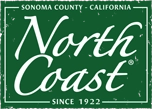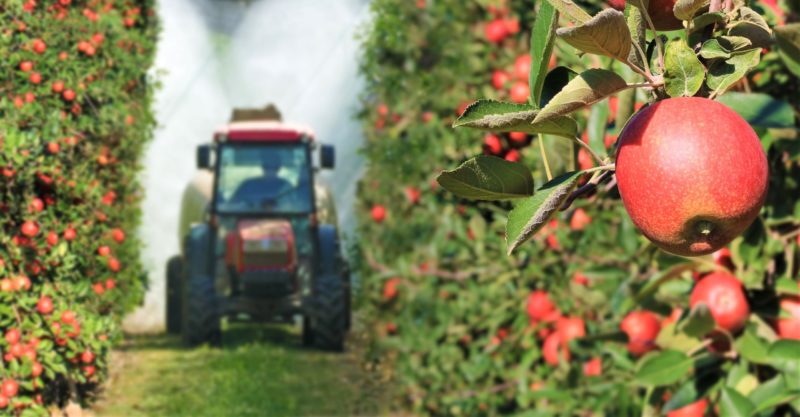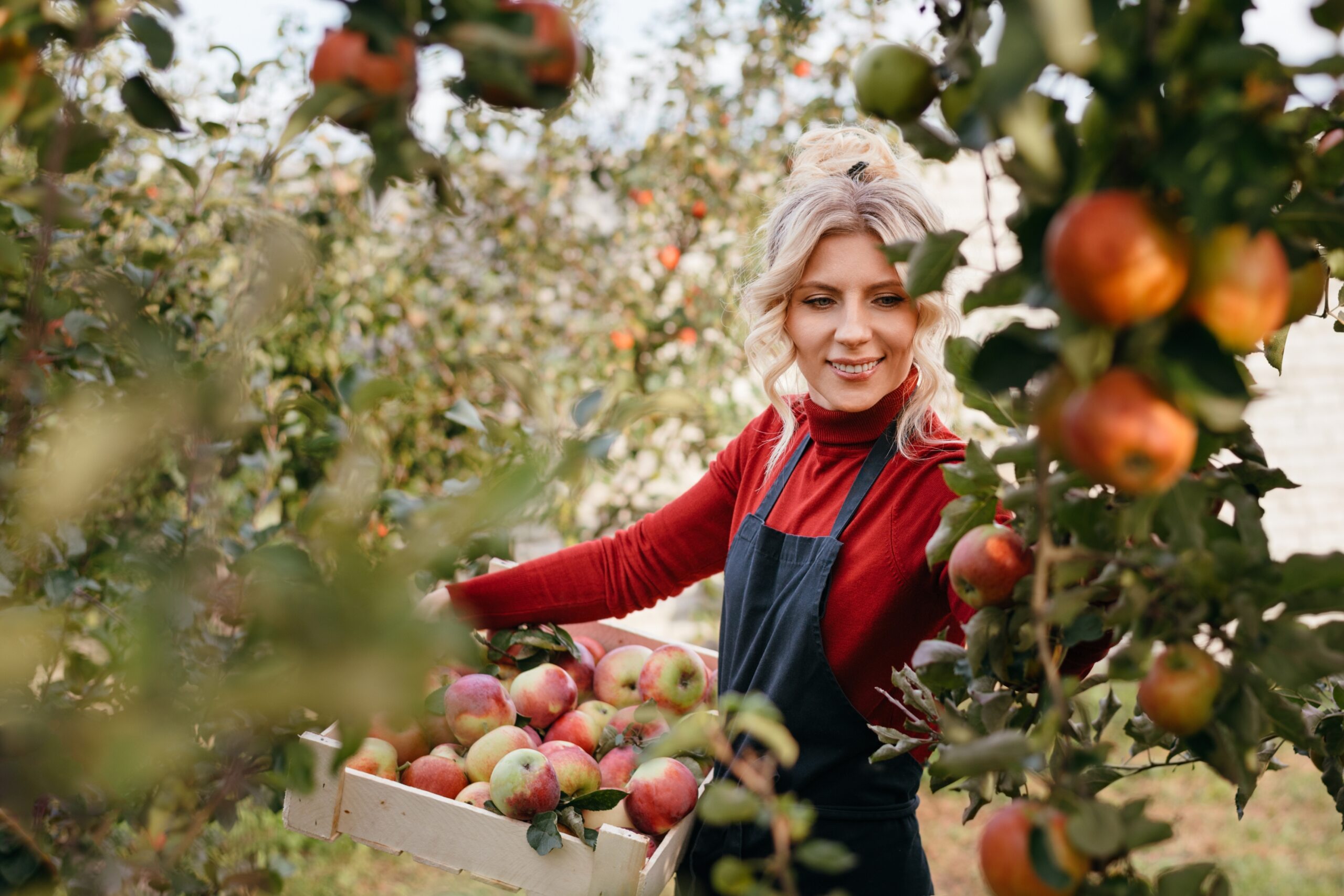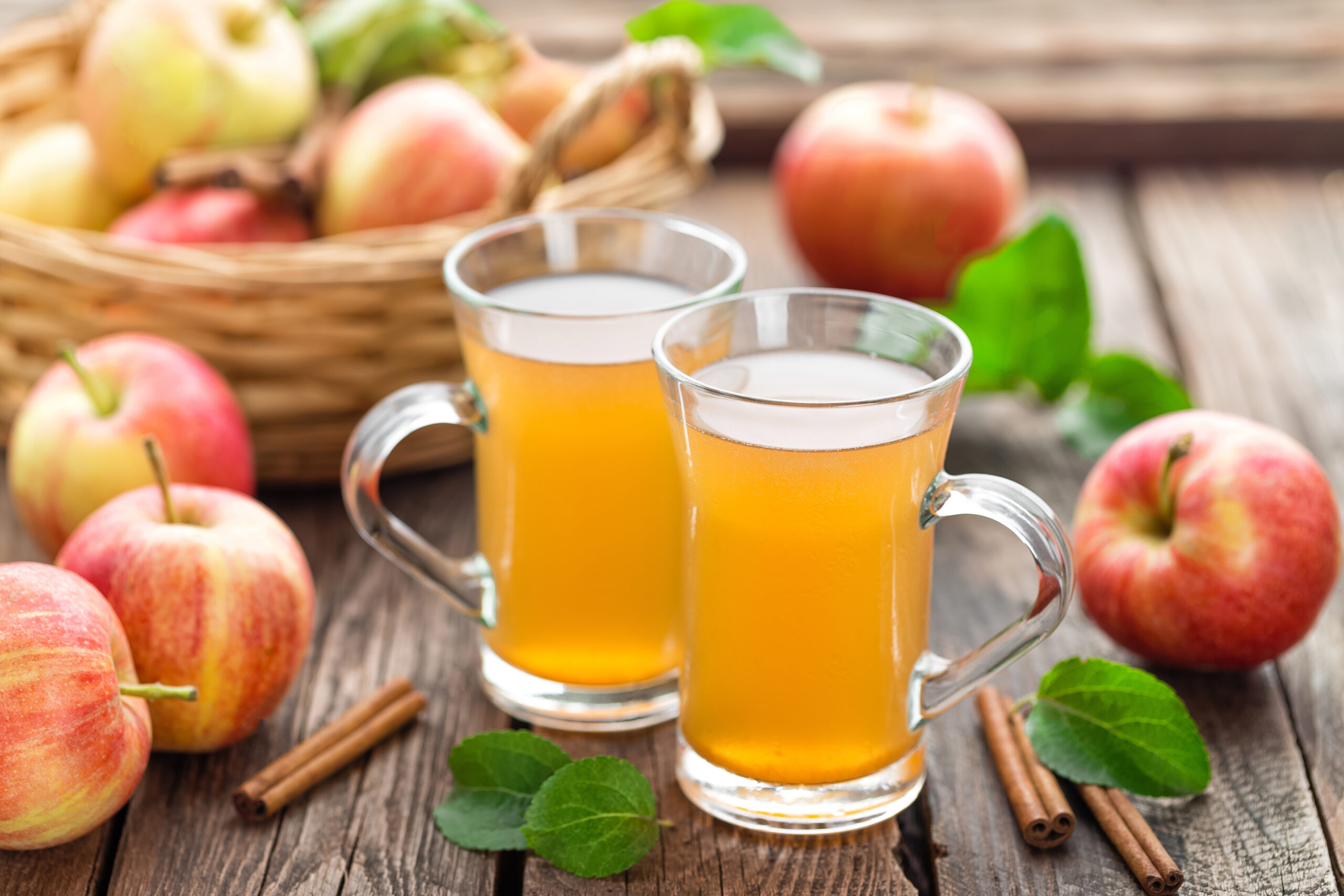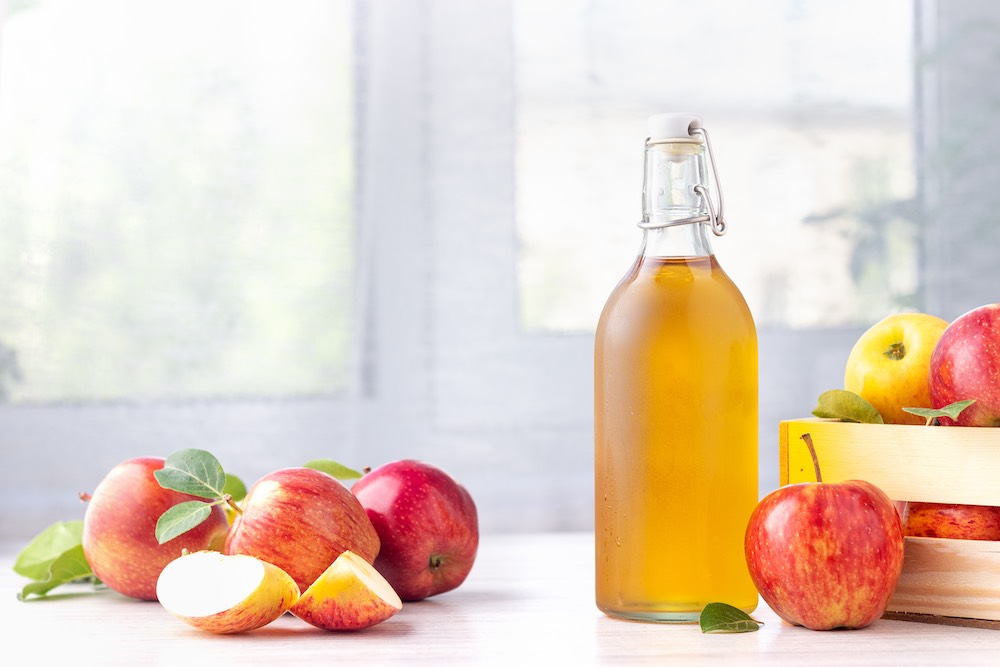September 8th is National Stand Up to Cancer Day, an annual day for creating cancer awareness. Observed every second Friday of September, it is a time to support the fight against cancer. The day has been observed since 2008, and it has helped to gather massive support from researchers and scientists. In observance of Stand Up to Cancer Day, we at North Coast Organic would like to talk about the connection between pesticide use and cancer.
Exposure to a carcinogen raises a person’s risk of cancer
According to the National Pesticide Information Center, a carcinogen is something that scientists believe can cause cancer, and being exposed to a carcinogen raises a person’s risk of cancer. The risk of cancer from a pesticide depends on if it is a carcinogen, how you are exposed, how much you are exposed to, and more. Being exposed to a pesticide that is a carcinogen does not necessarily mean you will get cancer. It only means that your risk is higher than if you were not exposed.
Many pesticides are carcinogenic
The National Library of Medicine website provides these insights: “In animal studies, many pesticides are carcinogenic, (e.g., organochlorines, creosote, and sulfallate) while others (notably, the organochlorines DDT, chlordane, and lindane) are tumor promoters. Some contaminants in commercial pesticide formulations also may pose a carcinogenic risk. In humans, arsenic compounds and insecticides used occupationally have been classified as carcinogens by the International Agency for Research on Cancer.
Human data, however, are limited by the small number of studies that evaluate individual pesticides. Epidemiologic studies, although sometimes contradictory, have linked phenoxy acid herbicides or contaminants in them with soft tissue sarcoma (STS) and malignant lymphoma; organochlorine insecticides are linked with STS, non-Hodgkin’s lymphoma (NHL), leukemia, and, less consistently, with cancers of the lung and breast; organophosphorous compounds are linked with NHL and leukemia; and triazine herbicides with ovarian cancer. Few, if any, of these associations can be considered established and causal. Hence, further epidemiologic studies are needed with detailed exposure assessment for individual pesticides, taking into consideration work practices, use of protective equipment, and other measures to reduce risk.
A 2007 study of literature documenting the associations between pesticide use and cancer performed by the College of Family Physicians of Canada and published on the National Library of Medicine website helps supports a pesticide usage and cancer linkage. Most studies on non-Hodgkin lymphoma and leukemia showed positive associations with pesticide exposure. Some showed dose-response relationships, and a few were able to identify specific pesticides. Children’s and pregnant women’s exposure to pesticides was positively associated with the cancers studied in some studies, as was parents’ exposure to pesticides at work.
Many studies showed positive associations between pesticide exposure and solid tumors. The most consistent associations were found for brain and prostate cancer. An association was also found between kidney cancer in children and their parents’ exposure to pesticides at work. These associations were most consistent for high and prolonged exposures. Specific weaknesses and inherent limitations in epidemiologic studies were noted, particularly around ascertaining whether and how much exposure had taken place. The College of Family Physicians concluded that the studies support attempts to reduce exposure to pesticides.
How to check if a pesticide or other chemical is known to cause cancer
How do can you know if a pesticide or other chemical you are using or are exposed to can cause cancer? The state of California has created the Proposition 65 list, an online database of naturally occurring and synthetic chemicals that are known to cause cancer or birth defects or do other reproductive harm. These chemicals include additives or ingredients in pesticides, common household products, food, drugs, dyes, or solvents. Listed chemicals may also be used in manufacturing and construction, or they may be byproducts of chemical processes, such as motor vehicle exhaust. Proposition 65, officially known as the Safe Drinking Water and Toxic Enforcement Act of 1986, was enacted as a California ballot initiative in November 1986.
North Coast Organic apple products never contain pesticides
There are many things we still don’t know about the potential harm of consuming foods grown with pesticides. Because we at North Coast Organic always want to provide our customers the healthiest foods possible, we use only USDA certified organic apples in our apple sauces, juices and ciders. Our products are always free of pesticides, chemical fertilizers, and dyes, and aren’t processed using industrial solvents, irradiation, or genetic engineering.
Where to purchase North Coast Organic apple products
If you’d like to find out where to purchase North Coast Organic products, we invite you to check out where they are sold at markets and grocery stores near you.
North Coast Organic apple products are made in Sebastopol, CA from U.S. grown certified organic apples. They contain no added sugars, preservatives, colorings or flavorings.
